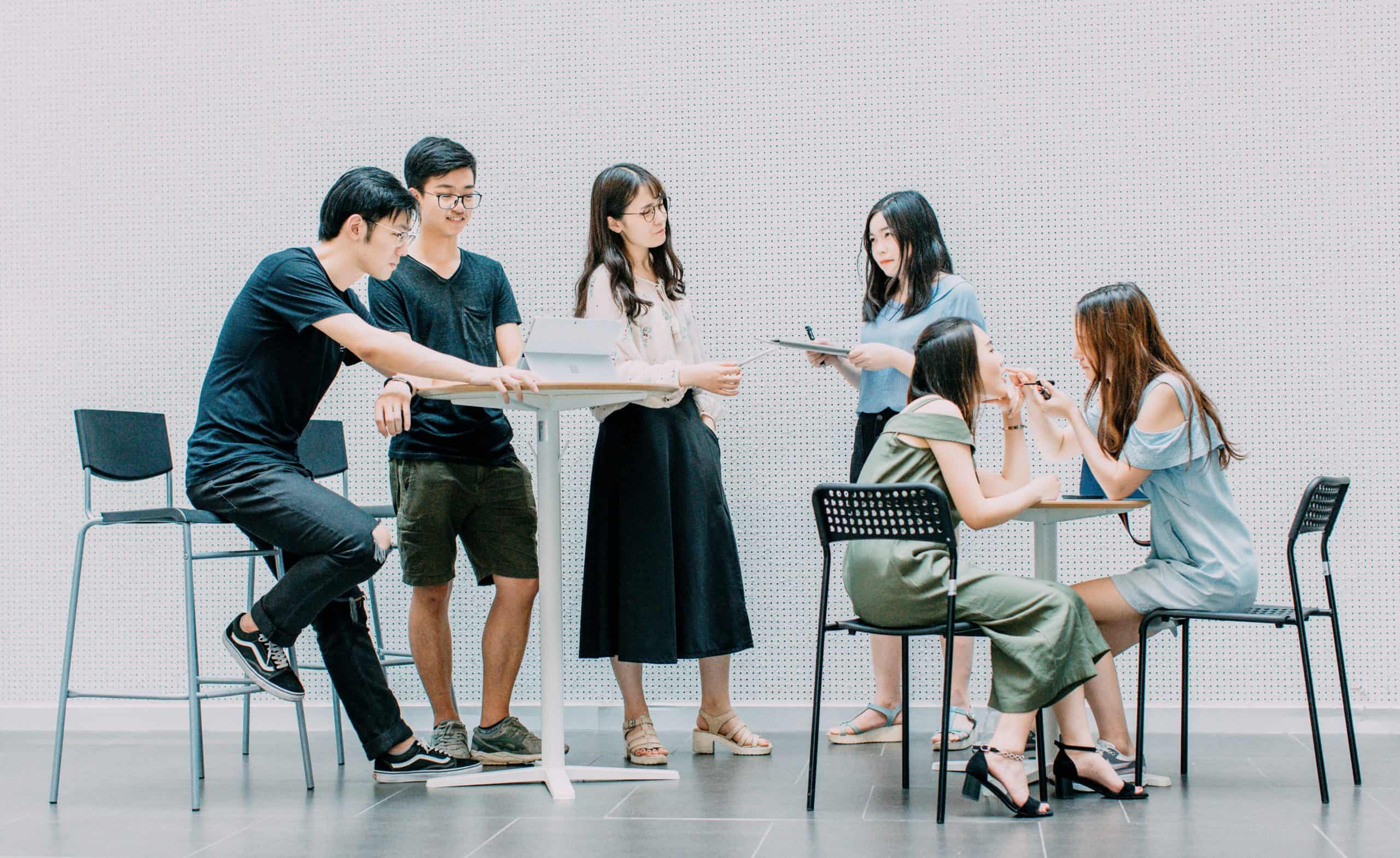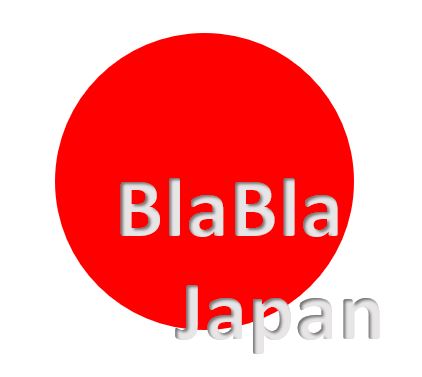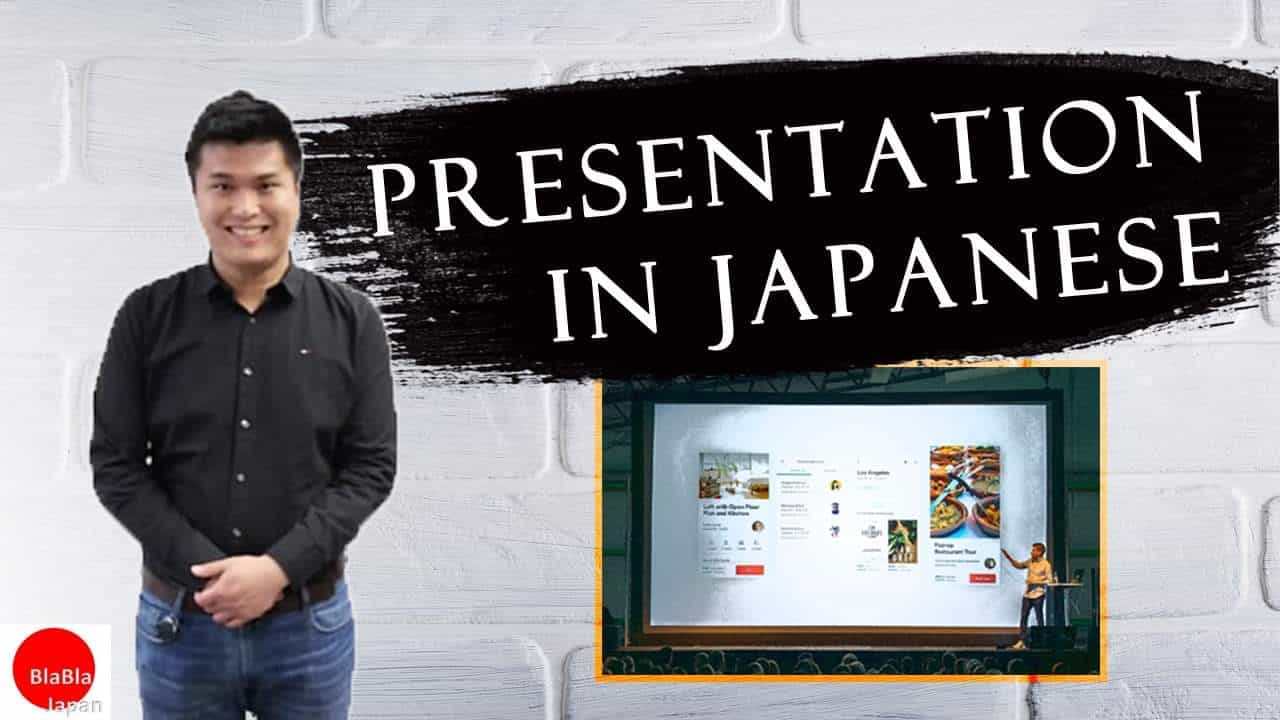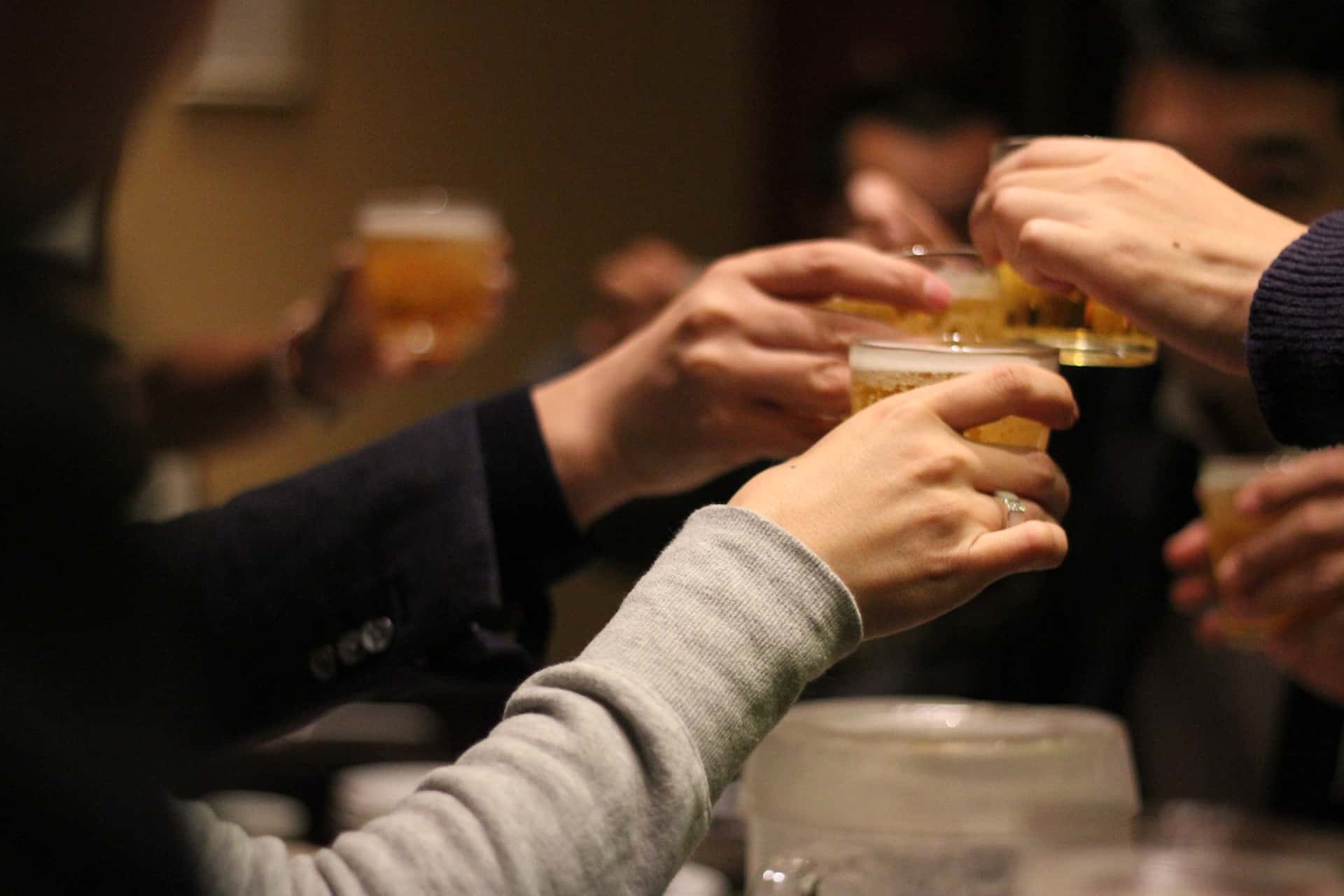If you change your job in Japan, you “must” arrange thank you gifts for your boss and coworkers. Japanese companies are so relationship- and cooperation-oriented, that it’s essential to appreciate their help and kindness before you leave. As far as you keep on working, you could meet your former coworkers in your future endeavors. Like a Japanese proverb says “立つ鳥跡を濁さず (Cast no dirt in the well that gives you water.)”, you should give coworkers a good impression on your resignation.
In this article, we will show you 5 important points that can help you to choose and to give thank you gifts. The 5 points are, to whom, budget, what, points to note and when.
Am I regarded as lacking common sense if I don’t give any?
The answer is yes and no. This is kind of unspoken agreement and not mandatory to do so. Nobody can arrest you even if you leave your company without any thank you gifts.
Or you really hate your colleagues, you didn’t get along with everyone there, your company fired you for an unacceptable reason, and you feel you don’t want to thank. In this case you don’t need to give any thank you gifts. Because as the word itself says, it is “thank you gifts”.
But in principle, it is standard to give thank you gifts in Japan.
To whom?
If your company is not so big (up to 50 employees), you should prepare gifts for everyone. If more, the order of priority will be as follows (group A is the highest priority).
(A) boss and every coworker in your section, colleagues in other sections who helped you in particular
(B) CEO, executives (if you know them personally)
(C) coworkers working in the same floor, coworkers in the associated sections
We would recommend to give group A and B small gifts individually, and portion-packed assorted sweets or snacks for group C. The “portion-packed” sweets or snacks are more suitable in this case, because your coworkers can keep it for later if they don’t want to eat right now. In addition, such portion-packed things are safe and hygienic, especially under the Covid-19 pandemic conditions.
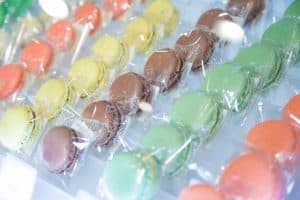
Budget
The cost on average for a small individual gift is around 500 to 1000 Yen. About an assorted sweets or snacks, of course it’s depends how many packs are included, but the cost is estimated at 3000 to 5000 Yen, it means about 100 Yen per person. If you don’t want to put so much pressure on your purse, of course you can spend less.
Gifts ideas
“A little bit luxury” is the keyword when choosing gifts. You should search for something of good quality, which people rarely buy themselves. So, what kind of items could be the thank you gift in your case? Some examples will be shown below.
- daily necessities or consumables, which don’t bother, if people already have some…handkerchief, kitchen cloth, hand soap, seasoning, eco bag, bath salts
- sweets, snacks or drinks
…cookies, chocolates, madeleine, financier, rice cracker, coffee, tea, prepaid card of a coffee shopSome suggestions below:
ユーハイム リーベスバウム (Baumkuchen)
チーズラングドシャ (Cookie)
ヨックモック (Cookie) - something which people can use at their office
…hand cream, ballpoint pen, memo pad, mug, coffee tumbler
Points to note
There are some points you should know before deciding what to give. Some of those must be totally different from your local culture. Thus, it is too pity to get minus points even though you just wanted to thank your co-workers.
No handmade foods
In contrast to Western customs, Japanese prefer commercial items over handcrafted goods for a present. It doesn’t matter how good you are, Japanese always like a professional baked cake from a patisserie better than your creation. Handmade items are only for family and really close friends in many cases.
This is because just our culture, and there are also clean freaks. Not something to eat, but handmade things can be accepted better, even if you still should avoid handmade in Japan.

Have a long best-before-date
It depends on your coworker, if they eat their sweets or snacks immediately or later. For that reason, baked sweets are better than cakes with cream or fruit.
Can be kept at room temperature
If your office has no big refrigerator or none at all, your gift can’t be kept fresh. Don’t bother your coworkers!
Easy to divide, easy to take home
You should avoid wasting your coworker’s time and effort. For example, if you give a whole cake, someone has to cut it and put it on plates. If your gift is not small, it’s not easy to take home in overcrowded Japanese trains.
Something that most like
Something with strong smell like perfume or incense is not recommended, except you know exactly what your coworkers like. It is too risky to select an item, which strongly depends on taste.
The timing to give
The last day in the evening before you leave is the best. Your coworkers have much to do in the daytime. In addition to that, it’s uncomfortable for you to keep staying in the office after you say goodbye. Nevertheless you shouldn’t miss the moment to say thank you to everyone whom you want, so pay attention to be not too late.
Summary
We have given you much information about the thank you gift for the resignation, but in general the rules are not so strict. If something is not clear, we recommend to ask someone’s advice, who has the experience of changing jobs. Especially in March, the career change season, many workers are looking for such a thank you gift, so you can also ask for suggestions in shops. You shouldn’t forget that the most important thing is to express your gratitude to your coworkers.
If you want to know more about…
– Goodbye email to co-workers and clients in Japanese
– Farewell speech in Japanese at work



